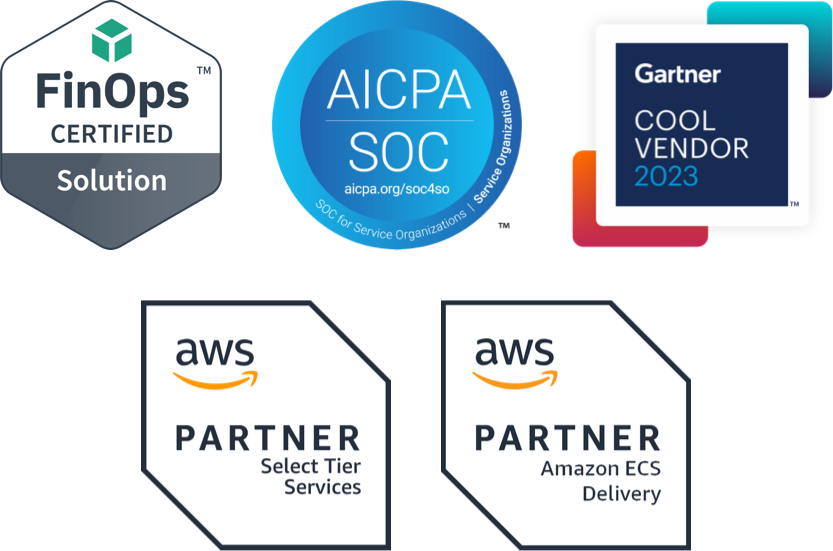These days, the healthcare industry relies heavily on software technology to improve communications, deliver faster services and reduce overall costs. Medical technology (MedTech) refers to all kinds of medical products, including those used in the treatment of various medical conditions and diseases. New advancements and innovations are always being made in the MedTech industry, which is one of the reasons why their technology infrastructures are so critical. They have to be reliable, and they have to be secure.
MedTech companies are now maneuvering services within a complex technology infrastructure that depends on a multitude of applications to achieve even the smallest jobs. As a result, any new application deployments they make have to fit within their elaborate technology environment. Enter containers.
Find out how to simplify Kubernetes chaos.
Kubernetes, MedTech and the Challenge of Adoption
The MedTech world, along with an increasing number of outside organizations, are now turning to Kubernetes and containers to address their tech-complexity problems. Increasingly so, MedTech depends on Kubernetes to properly manage and connect all their containerized workloads and services—and minimize downtime. The portability of containers and Kubernetes also enables different deployment models, such as SaaS/multi-tenant or self-hosted/single-tenant options. That said, it’s not necessarily an easy adoption.
While Kubernetes is now considered the gold standard for container management, a large segment of MedTech continues to struggle with how to effectively implement the platform, often due to resource and compliance issues. But experts say, if these MedTech companies can overcome the hurdles of Kubernetes adoption, they will likely find containerization can actually increase their innovation and enable them to build HIPAA-compliant healthcare solutions—quickly and securely.
If there’s one place where greater development agility and continuity matter, it’s in the world of healthcare. Organizations are facing increasing pressure to innovate quickly and remain customer-focused while also minimizing any chance of downtime effects. Yes, Kubernetes is still a young technology, but a deeper look reveals how readily it can help MedTech companies innovate by giving them better security, faster application deployment, lower costs and overall scalability.
By automating application testing and expediting deployments in implementing Kubernetes, MedTech can lower their time to market and introduce more transparency into production pipelines. Moreover, systems administrators can easily perform key actions, like cloning the container if an application needs to be updated, all through the Kubernetes platform. In this way, balancing incoming loads more effectively means MedTech can make better use of their physical resources. This technological ability not only reduces downtime, but in many cases it can eliminate it altogether.
Compliance and Security Concerns
Even though containerized applications offer an array of opportunities to health technology leaders, implementing them in the face of copious regulatory and compliance hurdles is tough. And it can leave tech teams in the unenviable position of choosing between growth and innovation or security and compliance. But with Kubernetes, MedTech organizations can accomplish all these goals at once.
Malware and operating system patching are huge concerns in the MedTech space. Add on the reality of super-sensitive patient information, and it’s easy to imagine how many security headaches they face. Because an existing cluster is destroyed (and new nodes and clusters redeployed) each time a new version of an application goes out, system administrators don’t need to constantly check if security patches occur, operating systems are up to date, and sneaky malware isn’t hiding on the underlying infrastructure.
While implementing new technologies like Kubernetes can be intimidating for tech leaders in healthcare, Kubernetes can drastically minimize human error through automation. The platform itself is self-monitoring and self-healing, two features that help to minimize operational vulnerabilities. And because Kubernetes provides a secure framework for data protection, containerized applications have the potential to give MedTech spaces the security and compliance they need to ensure patients continue to have increasingly broad access to their personal health data.
Fairwinds Insights
The need for software to reduce risk, identify reliability gaps and improve resource utilization is critical for healthcare tech leaders. Fairwinds Insights is Kubernetes-native software that continuously scans clusters to ensure applications are shipped quickly and configured to scale, reliability, resource efficiency and security.
You can use Fairwinds Insights for free, forever. Get it here.
The Insights platform offers cost optimization advice, security alerting, configuration guardrails and compliance findings. DevOps teams can identify misconfigurations and provide remediation advice to developers, free from manually identifying problems. Software engineers are free to develop the way the platform intended—with safety nets in place.
Find out more about Fairwinds Insights and how it can make a difference in your organization. Our solution is built on Kubernetes expertise and integrates our leading open source tools to help you save time, reduce risk, and deploy with confidence.


